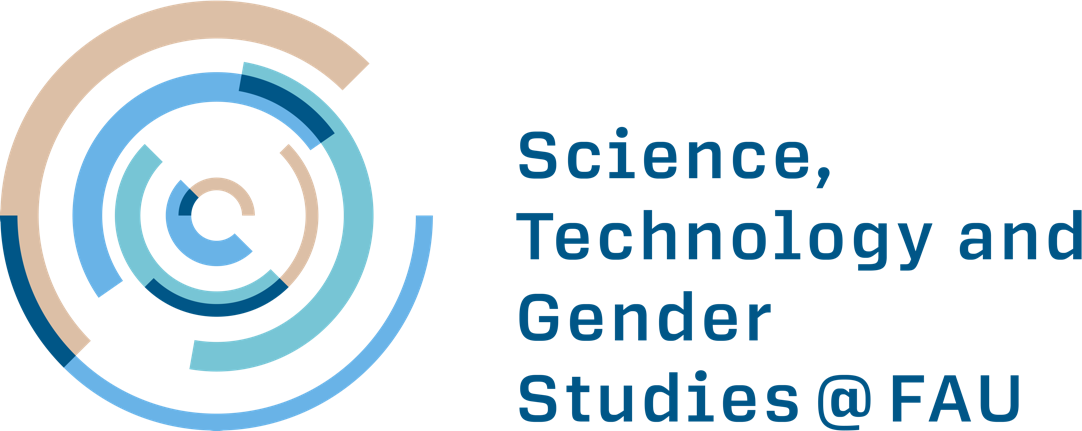Farewell lectures by two members of the Chair of STGS
Two upcoming researchers have completed their 1-year fellowship at the STGS chair. They will present the results of their time in Erlangen on Monday, February 17th at 10:00 pm, in the conference room of STGS, Werner-von-Siemens-Straße 61, room 2.21.
Gül Aydın is a PhD candidate in the History of Science and Technology Program at Istanbul Technical University (İTÜ). Her doctoral research focuses on the first generation of women engineers who graduated in Türkiye between 1927 and 1950. In 2023, she was awarded a doctoral research fellowship by the Scientific and Technological Research Council of Türkiye (TÜBİTAK) to conduct part of her doctoral dissertation at the Chair of Science, Technology, and Gender Studies (STGS) at FAU under the supervision of Prof. Dr. Maria Rentetzi. During her time at STGS, she has been working on the theoretical and conceptual framework of her research, particularly on the history of women in engineering, literature review on science, technology, and gender studies, and historiography in the history of science. She will give a final presentation on the outcomes of her one-year research process.
Sükrü Alper Yurttas will present his Abstract: EXPLORING THE IMPACT OF SCIENCE DIPLOMACY ON THE REVITALIZATION OF EU-TÜRKİYE RELATIONS
Science diplomacy, as a relatively new concept, is mainly regarded as an instrument for addressing global challenges and enhancing scientific collaborations between nations. However, numerous instances demonstrate that scientific collaborations among diverse actors can lead to convergence in other, often problematic, policy fields over time. Taking High-Level Dialogue Mechanism between the EU and Turkey as a case study, this paper aims to investigate the impact of science diplomacy on the revitalization of the EU’s relationship with a candidate country, specifically Türkiye. The study employs Europeanization as a theoretical approach and utilizes qualitative data analysis as its methodology. Preliminary findings suggest that the effect of science diplomacy in this context is positive, albeit limited.
Co-Funded by the European Union. Views and opinions expressed are however those of the author(s) only and do not necessarily reflect those of the European Union or the FAU chair STGS. Neither the European Union nor the granting authority can be held responsible for them.


